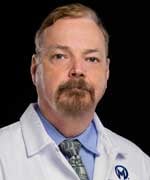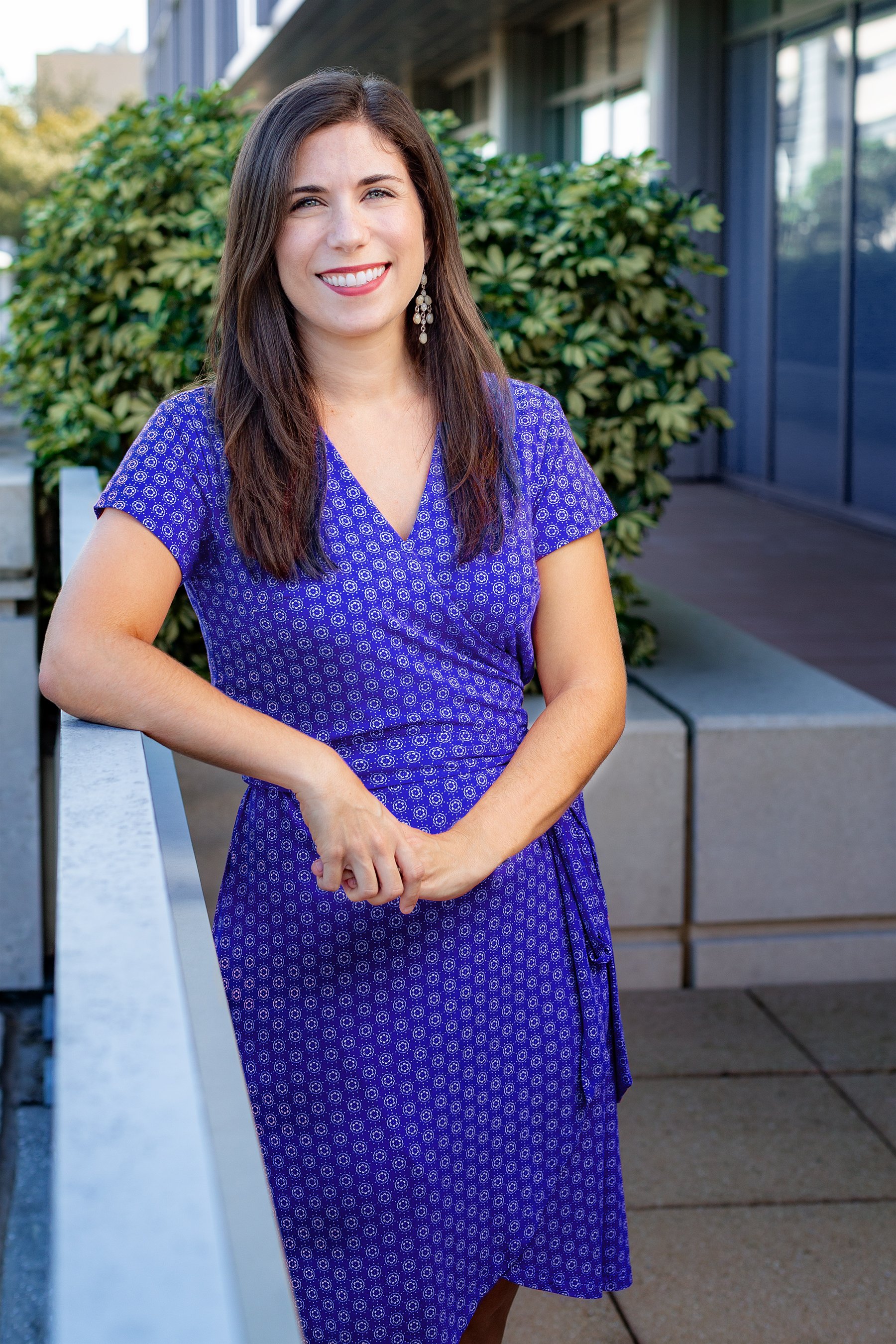Doctors’ Day: 5 Questions with Moffitt’s Chief Medical Officer
National Doctors’ Day is celebrated every year on March 30 to recognize the many contributions of physicians to individual lives and our communities. Doctors – along with so many others in the medical field – have faced some of the greatest challenges in history in the past year as we adjust to life during a global pandemic. They’ve faced hurdle after hurdle, often sacrificing their own health and safety to provide care for those who need it most.

Dr. Bob Keenan, vice president of Quality and chief medical officer
As we take a day to honor these heroes, we sat down with Dr. Robert Keenan, vice president of Quality and chief medical officer, to get his thoughts on how health care has changed over the past year, and especially here at Moffitt Cancer Center.
The last year has certainly been an unprecedented time in health care. How have things changed for doctors?
Professionally, many of our physicians have been directly caring for patients with COVID-19 infections. As a new disease, we were learning as we went, interacting with colleagues around the globe to share best practices. Today we have much better treatment options than when we started and have been able to help most of our patients through their ordeal. We also needed to switch, very quickly, from in person to video visits, known as telemedicine. Within a couple of weeks, we went from conducting a few hundred video visits a month to several thousand a week. Even though we have been able to return to mostly in person clinic visits, we still see that telemedicine will be an important way to conduct regular visits even after the pandemic has passed. In this, and other ways, COVID-19 has been a catalyst for changes that we should have been making anyway, but there was a lack of urgency to do so.
On a personal level, like everyone else, COVID-19 has dramatically altered our social interactions. We are all aware of the importance of wearing masks but it robs us of some ways to connect with our patients because we lose some ability to see facial expression.
What’s the biggest challenge doctors have faced this year?
Balancing the need to treat our cancer patients with the need to keep them, ourselves and our staff safe. Early in the pandemic, we needed to make tough decisions to prioritize treatments based on the aggressiveness of a patient’s cancer. A comprehensive response plan, involving multiple groups, was created to identify, isolate and treat COVID+ patients, to develop the in-house capability to test for COVID-19, to create protocols for the use of enhanced personal protective equipment for our staff, to offer chemotherapy or radiation therapy to COVID positive patients with aggressive cancers and to adjust our clinical operations in case our hospital saw large numbers of COVID positive patients as happened to other cancer centers in the Northeast and Pacific Northwest. Once the initial surge passed, we needed to turn our attention to resuming the important screening studies that can identify cancers at an early stage. We also needed to ensure that Moffitt was the safest place for our patients to be so that they would feel comfortable in returning for vital treatments.
What would you say is your proudest moment for Moffitt, and specifically our doctors over the last year?
The resilience that our medical staff displayed when facing the challenges of a pandemic that no one had ever faced before was truly remarkable. They leaned in to take care of COVID positive patients and worked cooperatively to find ways to manage our patients in the setting of unprecedented restrictions imposed by the need to protect our patients and staff from a new and serious infection. Clearly, we can also say the same thing for the rest of our team members.
What’s something exciting happening right now at Moffitt or in the near future?
Sticking with the COVID theme for a moment, we’ve had vaccination sessions at both our Magnolia and McKinley campuses since early January. To date, we given at least the first dose to over 15,000 people including almost 10,000 patients. We expect to continue these sessions for several more months.
Our strategic plan, IMPACT 2028, has been a solid foundation for our plans to deliver on the center’s mission. With the arrival of our new CEO, Dr. Patrick Hwu, those plans have been further crystallized and accelerated to help propel Moffitt to be the top cancer center in the country.
What is the most rewarding part of working as a provider in cancer care?
It’s the privilege of being part of a team to assist cancer patients and their families as they face the most devastating diagnosis anyone can receive.



